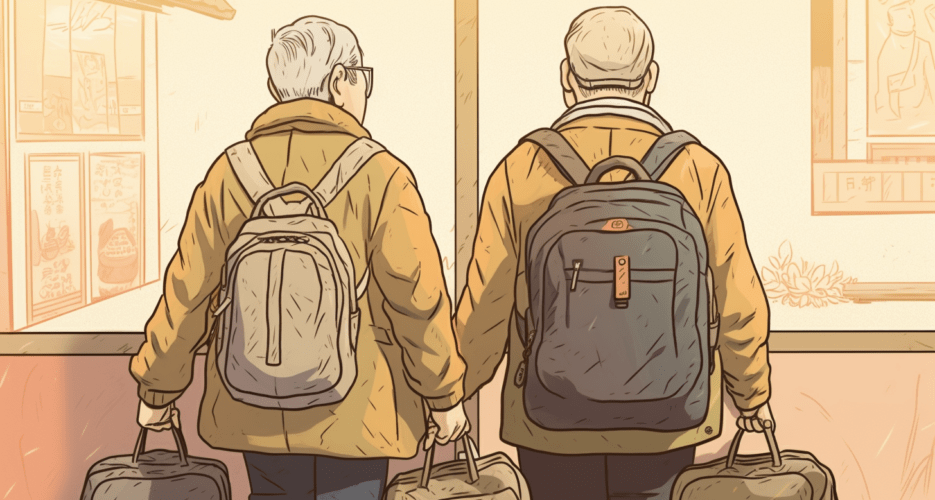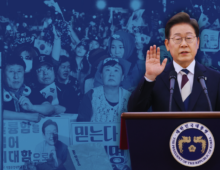Alternative marital arrangements are increasingly popular as couples seek to preserve family ties while avoiding divorce
In the bustling heart of Seoul, Yoon Jeong-hee and Park Nam-Cheol share a beautifully furnished apartment filled with family photos and mementos of their life together. Yet behind this seemingly happy home, they lead entirely separate lives.
Park, a 64-year-old retiree, spends most of his days tending a garden and residing in his shipping container house in his childhood hometown of Jeonju. Meanwhile, his wife, Yoon, a 59-year-old gas meter reader, enjoys her urban life in Seoul, participating in cultural events and taking long walks on mountain trails with her friends during her time off work.
In the bustling heart of Seoul, Yoon Jeong-hee and Park Nam-Cheol share a beautifully furnished apartment filled with family photos and mementos of their life together. Yet behind this seemingly happy home, they lead entirely separate lives.
Park, a 64-year-old retiree, spends most of his days tending a garden and residing in his shipping container house in his childhood hometown of Jeonju. Meanwhile, his wife, Yoon, a 59-year-old gas meter reader, enjoys her urban life in Seoul, participating in cultural events and taking long walks on mountain trails with her friends during her time off work.
Get your
KoreaPro
subscription today!
Unlock article access by becoming a KOREA PRO member today!
Unlock your access
to all our features.
Standard Annual plan includes:
-
Receive full archive access, full suite of newsletter products
-
Month in Review via email and the KOREA PRO website
-
Exclusive invites and priority access to member events
-
One year of access to NK News and NK News podcast
There are three plans available:
Lite, Standard and
Premium.
Explore which would be
the best one for you.
Explore membership options
© Korea Risk Group. All rights reserved.
No part of this content may be reproduced, distributed, or used for
commercial purposes without prior written permission from Korea Risk
Group.












